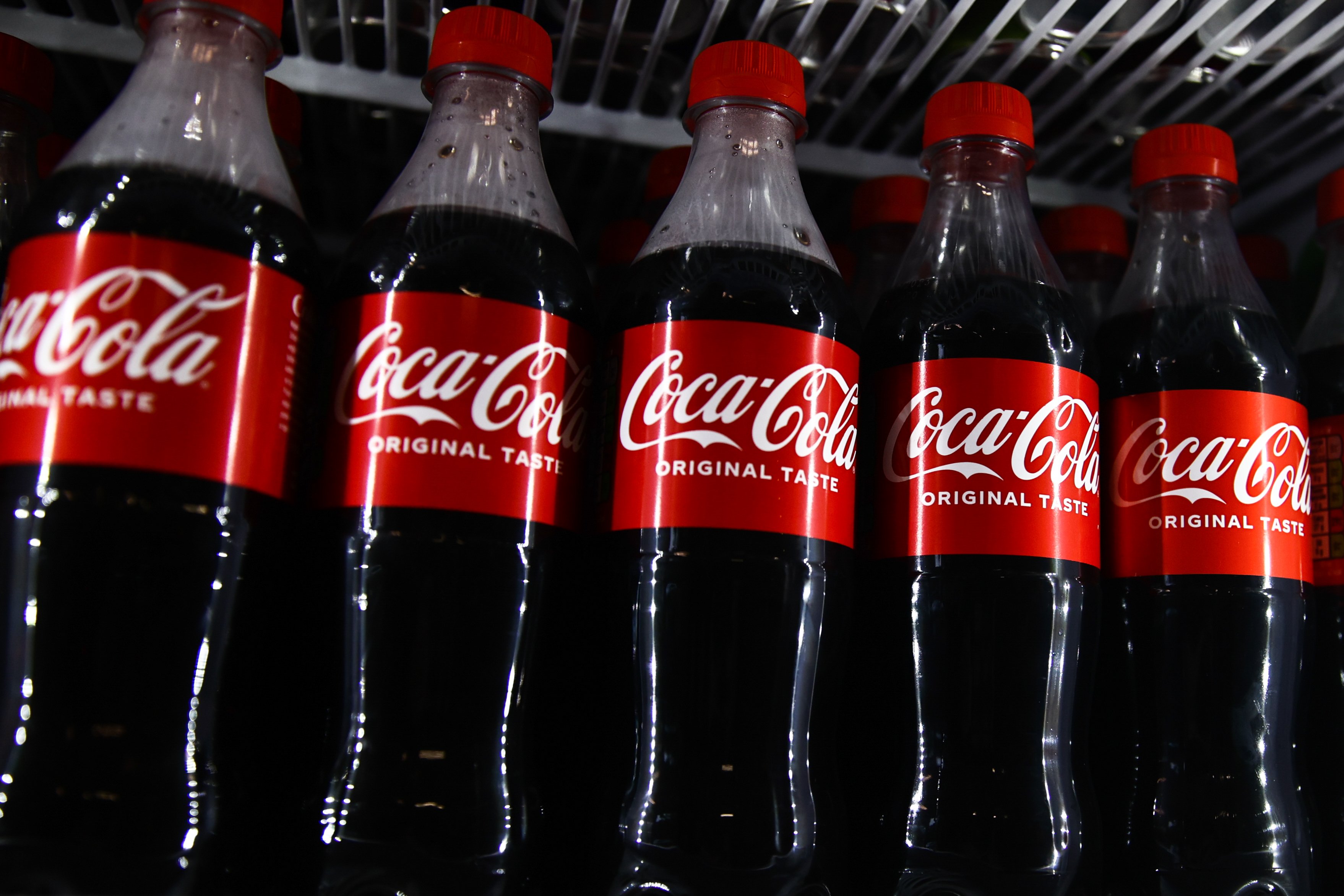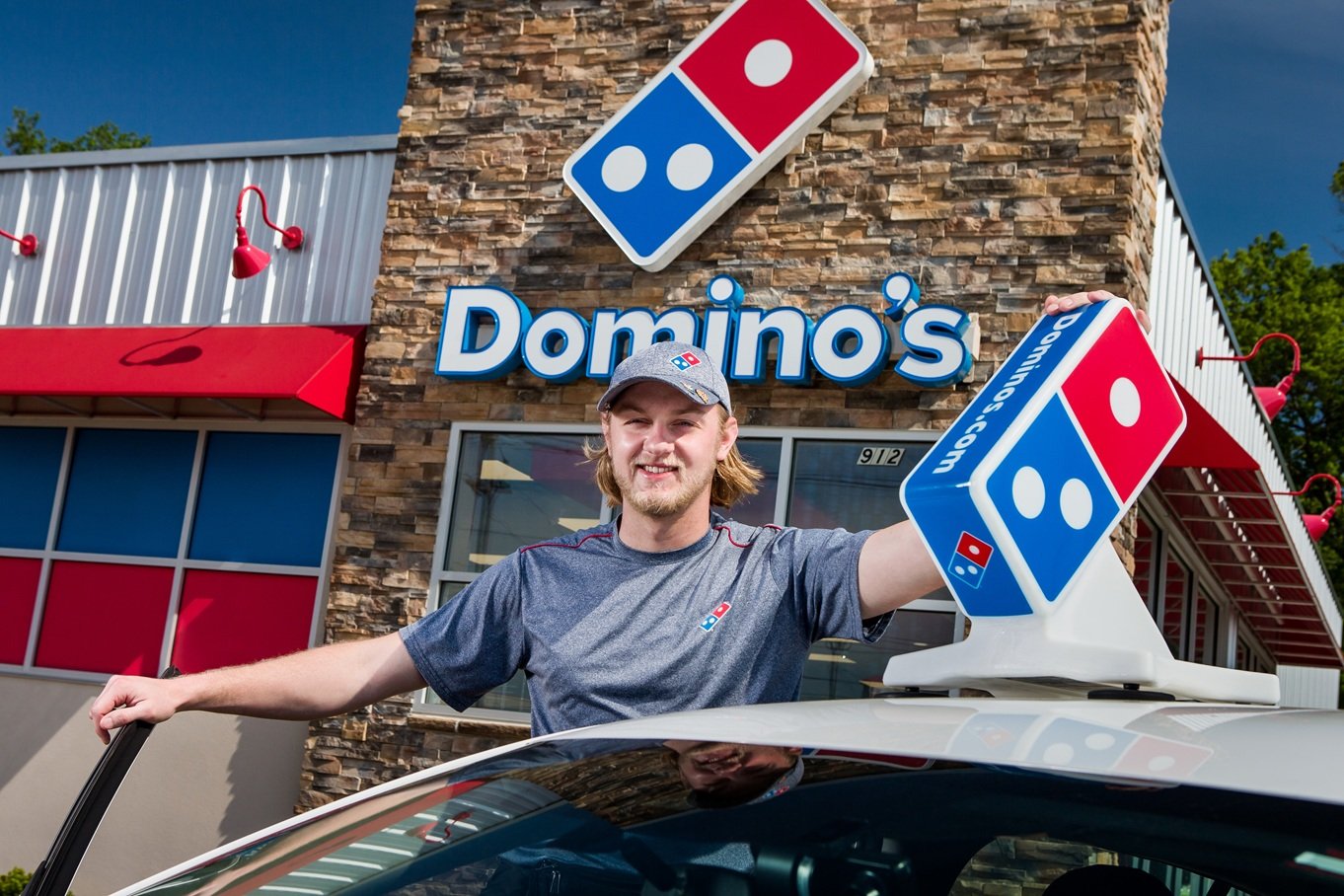Costco (COST +0.04%) and Coca-Cola (KO +0.54%) are both well-respected companies and are generally fixtures in American life. But they have fared quite differently during the coronavirus pandemic. Costco's sales are increasing, while Coca-Cola's sales are more worrisome, as its large on-the-go business has been compromised.
How do they measure up against each other as stocks? And does the pandemic impact their value? Let's take a deeper look.
Costco: A winner in any market
Costco's model of bulk, discount sales continues to be popular with the American public. In the third quarter, which ended May 28, membership fees increased 5% year over year to $815 million. The quarter ended with 101.8 million members, which is more than half the adult population in the U.S., and the renewal rate was 91%. That's a lot of satisfied customers.

Image source: Getty Images.
Perhaps that's a blessing and a curse -- because it means Costco is approaching saturation. However, the company is also seeing increases in its double-priced executive membership, which still has a ways to go in both the U.S. and international markets.
Its unique fee-based model gives Costco an edge against competitors such as Target and Walmart, as we can see from their respective sales growth numbers over the past four quarters:
|
Company |
Q1 (Costco Q3) | Q4 (Costco Q2) | Q3 (Costco Q1) | Q2 (Costco Q4) |
|---|---|---|---|---|
|
Costco (U.S.) comps |
Q3 5.9% |
9.1% |
4.7% |
6.2% |
|
Walmart (U.S.) comps |
Q1 21 10% |
1.9% |
3.2% |
2.8% |
|
Target comps |
Q1 10.8% |
1.5% |
4.5% |
3.4% |
Data source: Costco, Walmart, and Target quarterly reports.
It's noteworthy that in the second quarter, which was right before the pandemic restrictions set in, Costco's comps were much higher than its rivals as people stocked up on food and other supplies. However, in the third quarter, sales took a hit from some store divisions being closed.
Costco had another achievement, with e-commerce gaining a 64.5% increase in the third quarter. This is despite the company not offering the same omni-channel options as other retailers, such as delivery. May monthly e-commerce sales increased 102%.
Costco is a growing company that has its finger on the pulse of what its customers want and has shown it can perform under difficult circumstances.
Coca-Cola: Cola wars winner
If you live on this planet, you've likely had a drink produced by Coca-Cola. It's the dominant player in the cold beverage market, and despite the appearance of saturation, it continuously grows its revenue, a pretty significant achievement.

Image source: Getty Images.
The company produces over 500 brands and operates in 200 countries, but it claims to have only 20% of the market in developed countries and 10% of the market in undeveloped countries.
That's one way it's been able to grow revenue. It's also constantly innovating in its own brand, with new flavors and low-sugar options, as well as acquiring and building other brands.
The company has made goals for itself to deliver 4% to 6% sales growth and 7% to 9% earnings growth each quarter, which are fairly high numbers for a company whose products are already ubiquitous on store shelves. But Coca-Cola has been able to achieve these goals.
|
Metric |
Q1 | Q4 | Q3 | Q2 |
|---|---|---|---|---|
|
Revenue growth |
(1%) |
16% |
8% |
6% |
| Earnings per share growth | 65% | 134% |
37% | 12% |
Data source: Coca-Cola earnings reports.
However, Coca-Cola has had a bit of a hard time during the coronavirus pandemic. It's to-go business, which is about half of sales, has been severely curtailed. While revenue declined a small amount in the first quarter, the company is expecting a stronger impact in the second quarter.
To pivot as the pandemic plays out, Coca-Cola has been stepping up direct-to-consumer, promoting multi-packs and new sizes, and streamlining its supply chain to cut costs and get customers what they need, where they'll buy it.
Which stock wins?
Costco and Coca-Cola have both been valuable stocks to own over time, but Costco's shares have increased 113% over the past five years while Coca-Cola's have only grown 15% (before the pandemic, the growth was about 30%, still significantly lower.) There's no contest there.
Coca-Cola is known for its high dividend yield, which is currently about 3.6% with the lower share price. Costco's dividend yield is only around 0.9%, but it also gives a special dividend every so often, most recently a $7 payment in 2017. And with a cash surplus of nearly $11 billion, that might happen again soon.
Although Coca-Cola is still an excellent stock choice for a stable retirement portfolio, with a solid business and lots of growth prospects ahead, I'd choose Costco.









